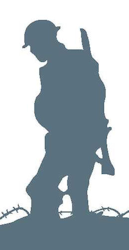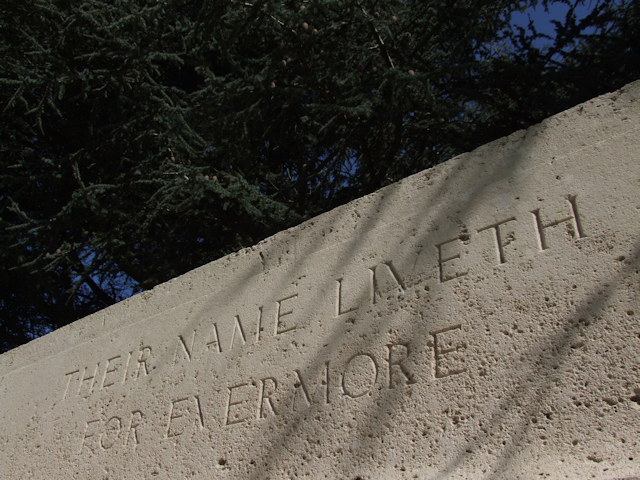Name
Thomas Edward Hollings
Conflict
First World War
Date of Death / Age
20/07/1916
28
Rank, Service Number & Service Details
Corporal
3539
2/4th Princess Charlotte of Wales (Royal Berks Regiment)
Awards: Service Medals/Honour Awards
Not Yet Researched
Cemetery/Memorial: Name/Reference/Country
MERVILLE COMMUNAL CEMETERY
XI. A. 43.
France
Headstone Inscription
Not Researched
UK & Other Memorials
Abbots Langley Village Memorial, St. Lawrence Church Memorial, Abbots Langley
Biography
Thomas Hollings had a fleeting relationship with Abbots Langley, working as a game-keeper at Longwood. He had followed in the footsteps of his Father, Edward Hollings, who was also a game-keeper. Thomas was the eldest son of Edward and Sarah Hollings and was born in the summer of 1888 whilst the family was living at the Keeper’s Cottage, Bride Farm, Midgham near Newbury. He had one brother and five sisters. By 1911 Thomas had moved to Wendover, where he was working as a gamekeeper at Cuckoo Hall at Wendover. Sometime after that he moved on to Longwood (shown on modern maps as being between the Bedmond Road and the Ovaltine Egg Farm, and today bisected by the M25 motorway).
He enlisted at Reading, and gave his address at the time as living in Bracknell. The Soldiers Died in the Great War archive recorded that he died of wounds on 20th July 1916, whilst serving as a Corporal with the 2/4th Princess Charlotte of Wales (Royal Berkshire Regiment).
Thomas was listed for the first time in the Abbots Langley Parish Magazine Roll of Honour in September 1916. In the same edition of the Magazine the Vicar recorded
“Thomas Hollings, Royal Berks, whom many will remember as the obliging and pleasant-spoken under-keeper at Longwood, was killed in action in France on July 19th”
The Commonwealth War Graves Commission, Soldiers Died in the Great War archive, and UK Army Register of Soldiers’ Effects, all recorded that Thomas died of wounds on 20th July 1916. The Berkshires were in action on 19th July near Laventie. The battalion War Diary noted that “the artillery preparation commenced at 11am and the battalion received heavy casualties throughout the day – 38 men were killed, 117 were wounded and 8 suffered shell shock. Relieved by the 2/4 Ox & Bucks at 10.30pm, the Berkshires moved to billets at Rue de la Lys”.
The discrepancy in the date of Thomas’ death was probably explained by his being wounded in action in the engagement on 19th July, and surviving until the next day when he died from his wounds.
Acknowledgments
Roger Yapp - www.backtothefront.org



